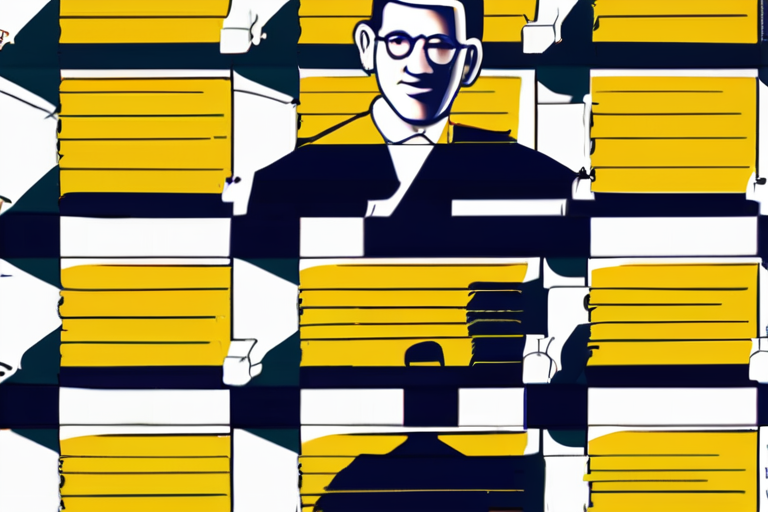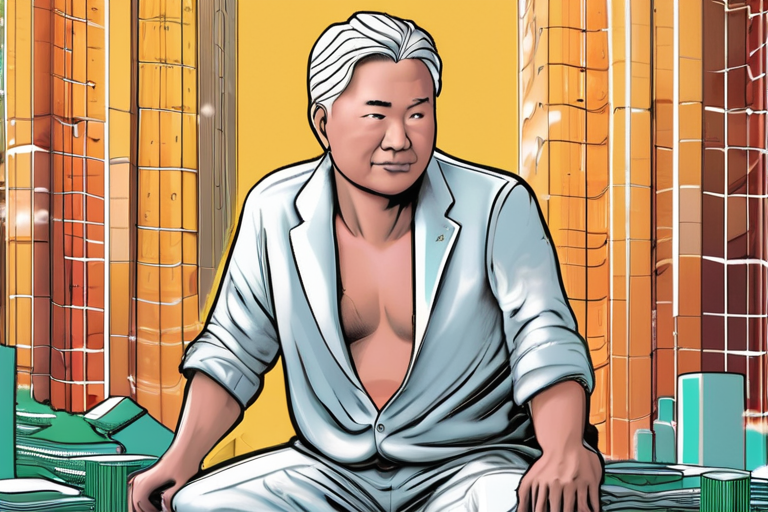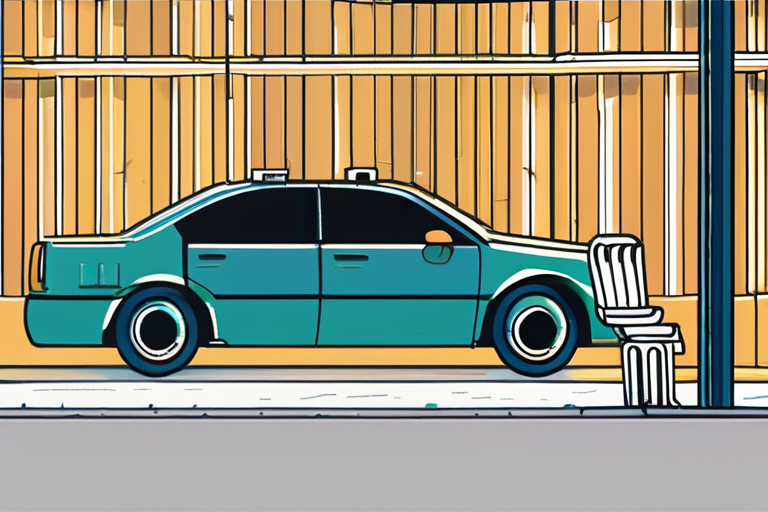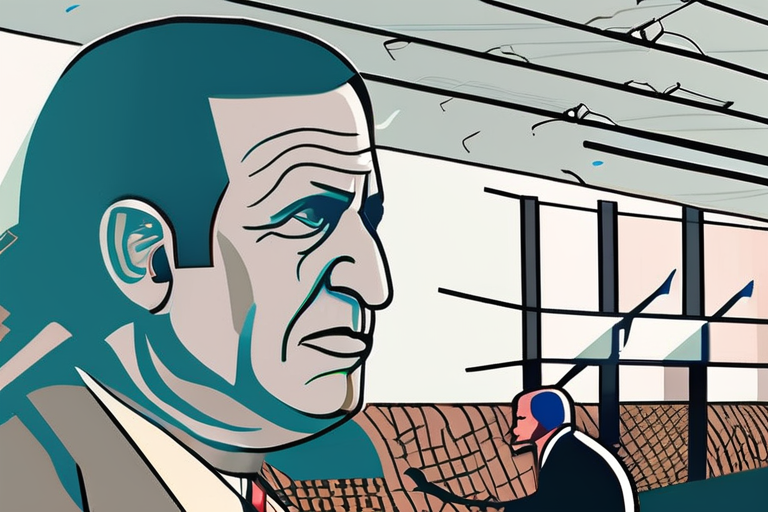Court Overturns Conviction of Colombian Ex-President Álvaro Uribe
A Colombian appeals court has overturned the conviction of former President Álvaro Uribe for bribery and witness tampering, a historic case that had gripped the nation and tarnished his legacy. The decision was announced on Tuesday, reversing the 12-year house arrest sentence handed down in August.
The court ruled that the conviction had "structural deficiencies," used "vague premises" and lacked comprehensive analysis. Uribe's lawyers had argued throughout the trial that the charges were baseless and part of a broader effort to discredit him.
Uribe, who governed from 2002 to 2010, has long maintained his innocence and accused the judge of bias. In a statement released after the verdict, he said: "I am grateful for this decision, which confirms my innocence and proves that justice was not served in this case."
Prosecutors had presented evidence that Uribe attempted to influence witnesses who accused him of having links to a paramilitary group in the 1990s. The case had sparked widespread debate about Uribe's legacy as a champion of law and order.
Uribe's conviction had been seen by many as a major blow to his reputation, which had already been tarnished by allegations of corruption and human rights abuses during his presidency. However, supporters of the former president have long maintained that he was the victim of a witch hunt.
The case has also sparked controversy over the role of the judiciary in Colombia's fragile democracy. Some critics have accused the court of being too lenient on Uribe, while others have argued that the prosecution was overly aggressive and politicized.
Uribe's lawyer, Juan Carlos Reyes, said: "This decision is a victory for justice and a vindication of President Uribe's innocence."
The reversal of Uribe's conviction has significant implications for Colombian politics. His successor, Juan Manuel Santos, had been a key witness in the trial and had testified against Uribe.
Santos' government has welcomed the appeals court's decision, saying it was a "step towards justice" and a demonstration of the judiciary's independence.
However, some critics have accused the court of overstepping its authority and undermining the rule of law. "This decision is a setback for accountability in Colombia," said Maria Rodriguez, a human rights activist.
The case is likely to continue to be closely watched by observers both within and outside Colombia as it raises questions about the country's ability to hold its leaders accountable for their actions.
Background
Uribe was first charged with bribery and witness tampering in 2018. He denied all allegations and claimed that the charges were part of a broader effort to discredit him.
The case had sparked widespread debate about Uribe's legacy as a champion of law and order. Supporters of the former president have long maintained that he was the victim of a witch hunt, while critics have accused him of corruption and human rights abuses during his presidency.
Additional Perspectives
Uribe's conviction had been seen by many as a major blow to his reputation, which had already been tarnished by allegations of corruption and human rights abuses during his presidency. However, supporters of the former president have long maintained that he was the victim of a witch hunt.
The case has also sparked controversy over the role of the judiciary in Colombia's fragile democracy. Some critics have accused the court of being too lenient on Uribe, while others have argued that the prosecution was overly aggressive and politicized.
Current Status
The appeals court's decision is final, and Uribe will not face any further punishment. However, the case has significant implications for Colombian politics and raises questions about the country's ability to hold its leaders accountable for their actions.
It remains to be seen how this decision will impact the legacy of Álvaro Uribe and his place in Colombian history.
*Reporting by Theguardian.*








